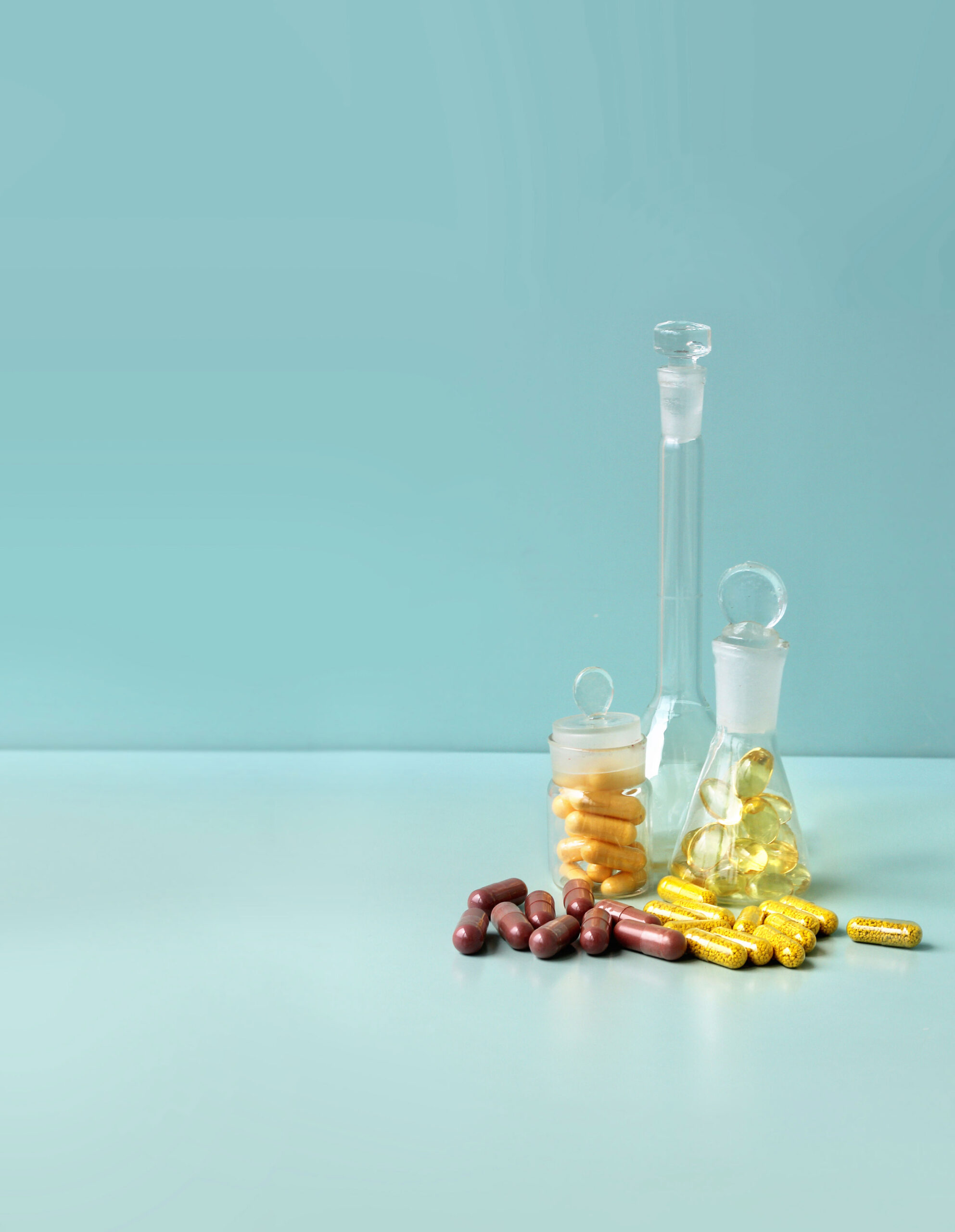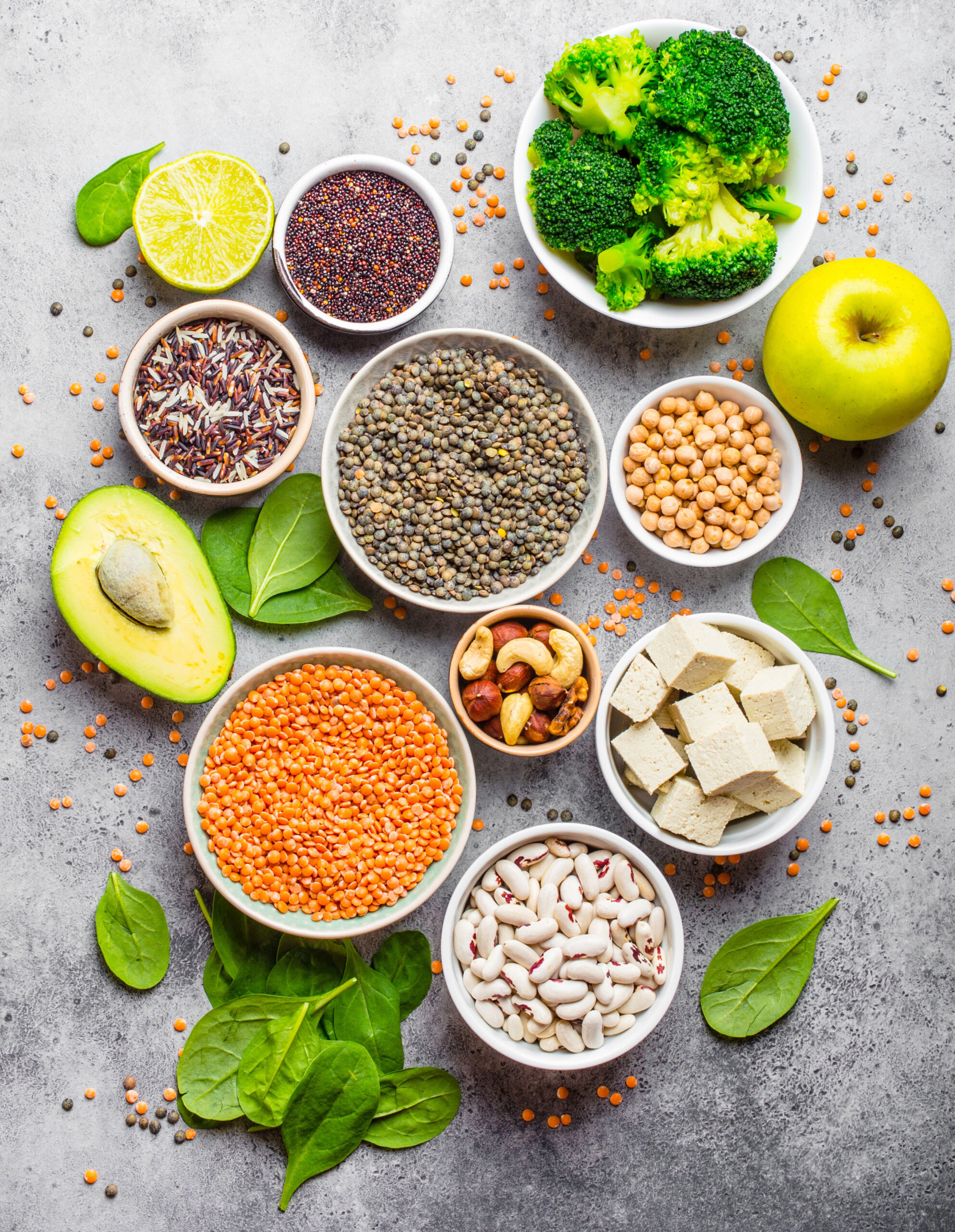


Triglycerides play an important role in a healthy heart. What if our triglycerides are too high, and why do they matter?
High triglyceride levels in your blood can increase your risk of heart disease. The same lifestyle choices that promote overall health can also help lower triglycerides.
What are triglycerides?
Triglycerides are a type of fat (lipid) found in your blood.
When you eat, your body converts the calories it doesn’t need to use immediately into triglycerides. The triglycerides are stored in your fat cells. Later, hormones release triglycerides for energy between meals.
If you regularly eat more calories than you burn, particularly from high-carbohydrate foods, you may have high triglycerides (hypertriglyceridemia).
What’s considered normal?
Adults
While this may vary slightly, adults generally have four ranges of blood triglyceride levels. In this case, “normal” means the range people should aim for to stay healthy.
Normal: under 150 mg/dl
Borderline high: 151–199 mg/dl
High: over 200 mg/dl
Very high: over 500 mg/dl
Numbers may vary based on age and other risk factors a person may have.
Children and teenagers
Children may have slightly lower triglyceride levels than adults. Normal fasting triglyceride levels for children under the age of 10 are less than 75 mg/dl.
The ranges for children under 10 are:
Normal: under 75 mg/dl
Borderline high: 75–99 mg/dl
High: over 100 mg/dl
The ranges for children and teenagers ages 10–19 are slightly higher:
Normal: under 90 mg/dl
Borderline high: 90–129 mg/dl
High: over 130 mg/dl
What’s the difference between triglycerides and cholesterol?
Triglycerides and cholesterol are different types of lipids that circulate in your blood:
• Triglycerides store unused calories and provide your body with energy.
• Cholesterol is used to build cells and certain hormones.
Why do high triglycerides matter?
High triglycerides may contribute to hardening of the arteries or thickening of the artery walls, which increases the risk of stroke, heart attack, and heart disease. Extremely high triglycerides can also cause acute inflammation of the pancreas (pancreatitis).
High triglycerides are often a sign of other conditions that increase the risk of heart disease and stroke, including obesity and metabolic syndrome — a cluster of conditions that includes too much fat around the waist, high blood pressure, high triglycerides, high blood sugar, and abnormal cholesterol levels.
High triglycerides can also be a sign of:
• Type 2 diabetes or prediabetes
• Metabolic syndrome — a condition when high blood pressure, obesity, and high blood sugar occur together, increasing your risk of heart disease
• Low levels of thyroid hormones (hypothyroidism)
• Certain rare genetic conditions that affect how your body converts fat to energy
Sometimes, high triglycerides are a side effect of taking certain medications, such as:
• Diuretics, Estrogen and progestin, Retinoids, Steroids, Beta-blockers, Some immunosuppressants, Some HIV medications
Factors that may cause high levels.
The American Heart Association notes that several factors may contribute to higher triglyceride levels, including:
• Having excess weight or obesity
• Alcohol consumption
• Excess sugar intake, especially from processed foods with added sugars
• High intake of saturated fats
• Physical inactivity
• Metabolic syndrome
• Insulin resistance
• Diabetes
• Thyroid conditions, including hypothyroidism
• Pregnancy
• Chronic kidney disease
• Inflammatory diseases, such as rheumatoid arthritis
What’s the best way to lower triglycerides?
Healthy lifestyle choices are key:
• Exercise regularly. Aim for at least 30 minutes of physical activity on most or all days of the week.
• Avoid sugar and refined carbohydrates. Simple carbohydrates, such as sugar and foods made with white flour or fructose, can increase triglycerides.
• Lose weight. Reducing your calories will reduce triglycerides.
• Choose healthier fats. Trade saturated fat in meats for healthier fat in plants, such as olive and canola oils. Instead of red meat, try fish high in omega-3 fatty acids — such as mackerel or salmon.
• Limit how much alcohol you drink. Alcohol is high in calories and sugar and has a particularly potent effect on triglycerides.
What about medication?
Your doctor may recommend medications if healthy lifestyle changes aren’t enough to control high triglycerides. If your doctor prescribes medication to lower your triglycerides, take the medication as prescribed. And remember the significance of the healthy lifestyle changes you’ve made. Medications can help — but lifestyle matters, too.
Top Foods to Help Lower Triglyceride Levels
Soy protein, Fatty Fish, Avocado, Quinoa, Whole Grains, Coconut Oil, Garlic, Cruciferous Vegetables
Foods to Avoid if You Have High Triglycerides
Starchy Foods, too much Fruit, Alcohol, Canned fish packed in oil, Sugary Drinks, Honey or Maple Syrup, Baked Goods – Butter and trans fats, High Fat Meats, Butter or Margarine – Use olive oil or canola, walnut, and flaxseed oils.
Information from Mayo Clinic and Medical News Today
Submitted by Lisa Freed
